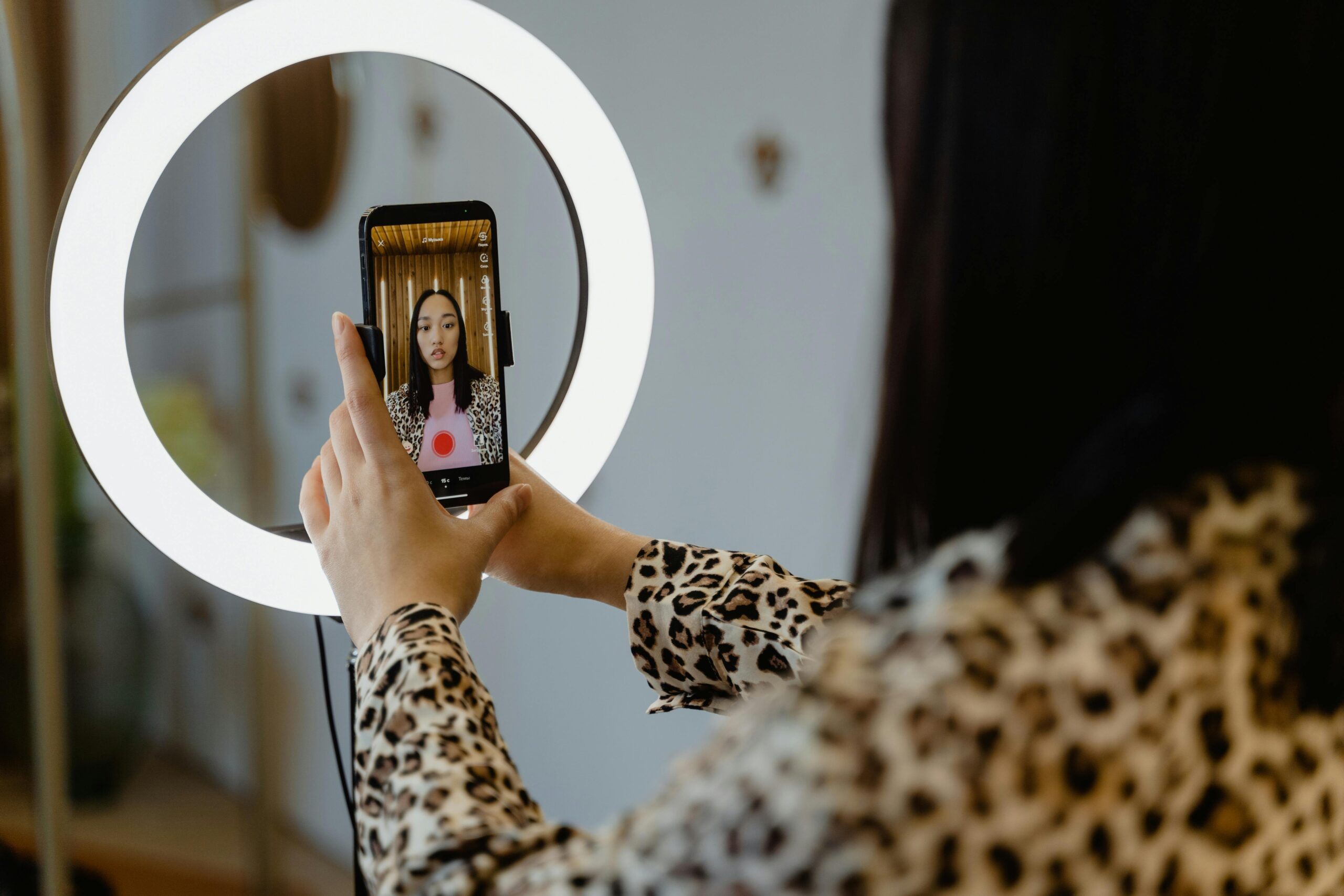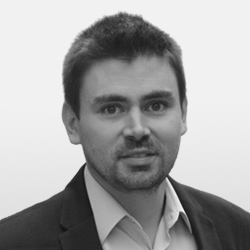Damien Chaney, Magali Trelohan et David Moroz
Some consumers, because they have accumulated experience with a product or brand, end up believing themselves to be experts. Convinced that they know everything, they adopt very assertive attitudes, confidently express their opinions, and become unreceptive to new information. In other words, they become subject to a phenomenon known as acquired dogmatism. We could laugh at this—as comedian Fabrice Éboué does with his character Dédé, the village idiot—but the phenomenon deserves to be taken seriously when it manifests itself on social media. Because self-assured digital Dédés can indeed influence potential consumers… even if they are wrong.
In a series of studies published in the Journal of Business Research, we analysed the determinants and implications of this acquired dogmatism. We wanted to understand how this bias arises, how it is expressed, and what the potential consequences are for brands.
What we observed:
1. A dogmatic tone is considered more acceptable if it comes from a supposed expert.
In one study, we showed that a strongly worded comment on a forum is perceived as more acceptable if it comes from a user who is presented as knowledgeable. In other words, the mere perception of expertise is enough to legitimise a closed stance.
2. The more competent we feel, the less open-minded we are.
When participants recall a situation in which they felt like experts, they are less curious, less receptive and less inclined to consider other points of view than when they feel like novices. They therefore become more dogmatic.
3. The most dogmatic person is not the one who knows the most, but the one who thinks they know everything.
Dogmatism is most prevalent among false experts—those whose actual knowledge is limited but who overestimate their knowledge.
4. Dedes are more talkative… and may be less likely to be contradicted.
The more competent a consumer feels, the more they want to express themselves — and when they are perceived as experts, their opinions are rarely questioned. This can reinforce misconceptions and slow the adoption of innovative products.
What are the implications for brands?
Brands need to adapt their strategies to these profiles. On the one hand, they need to target closed-minded consumers with simple messages embodied by legitimate figures. On the other hand, they need to feed the most curious with educational and participatory content. All this while promoting a culture of dialogue and humility in online communities.
In short, we shouldn’t make fun of Dédé. We need to understand his role in shaping opinion… and figure out how to respond to him.





